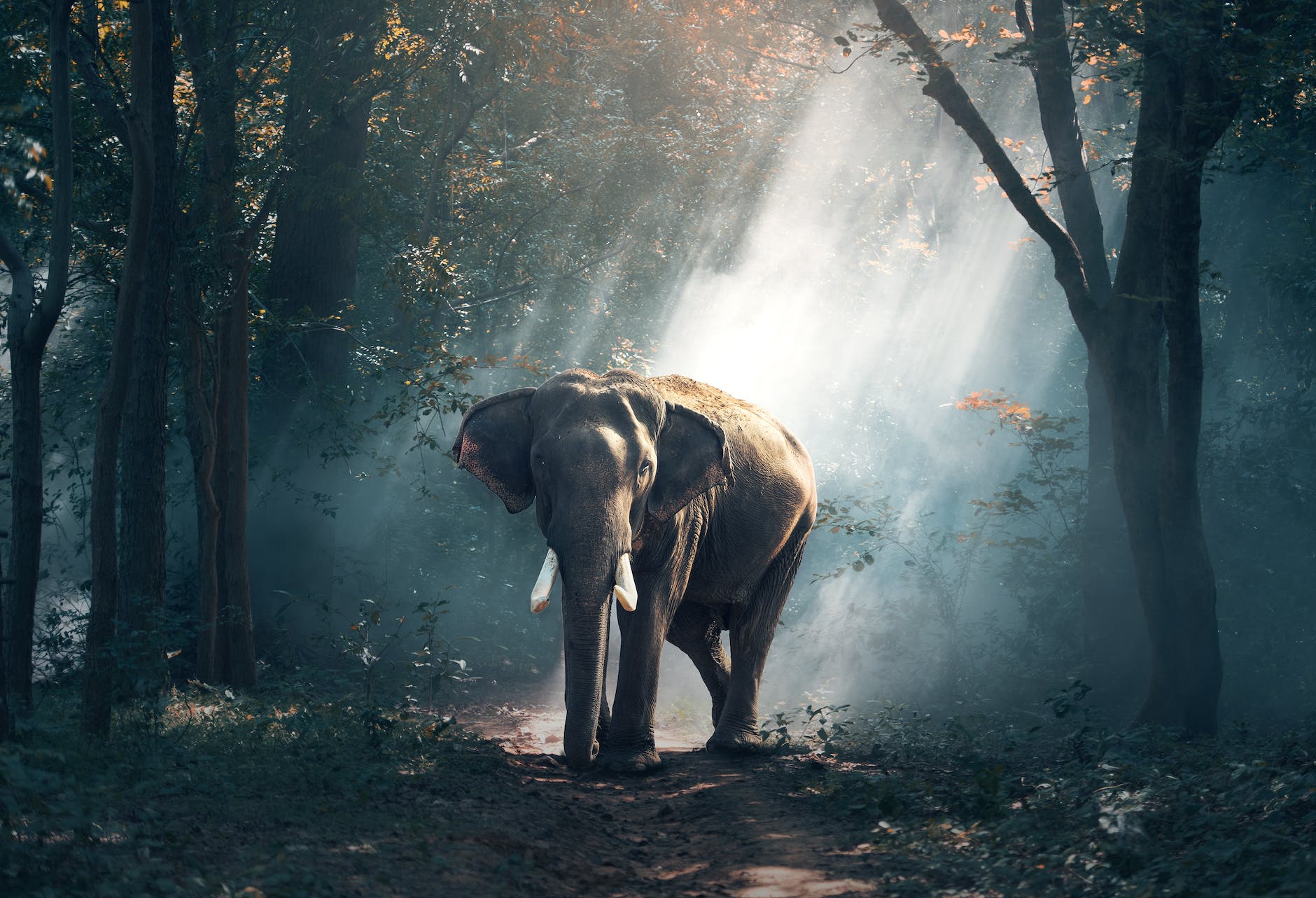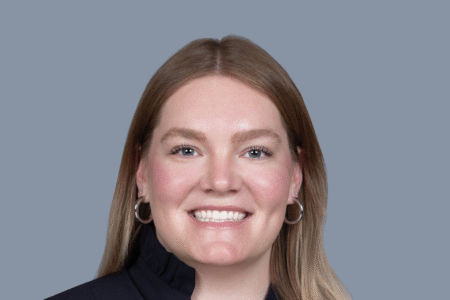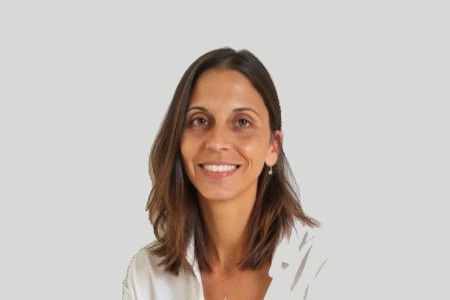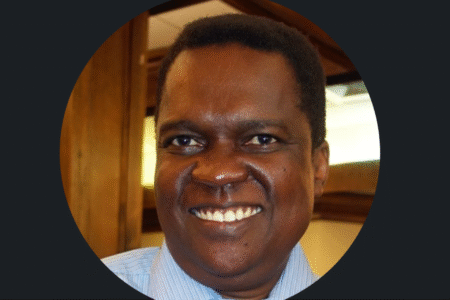
Green Success Stories sat down with Ellen O’Connell, to learn about her career in conservation, and why she believes climate change is the most important topic today.
Ellen, thank you for being here today. Can you tell us about yourself?
As an independent consultant to domestic and international non-profits, I have launched new entities, conceptualized and developed programs, cultivated international partnerships, raised seed funding, selected boards, engaged stakeholders, and expanded operations to help my client organizations enhance their philanthropic impact.
My work has focused primarily on conservation and climate change for the past decade. Clients include: Farm Sanctuary, Ngaren: The Museum of Humankind, Space for Giants, Terra, Maa Trust, Mara Elephant Project, IEE Smart Village, One Mara Partnership, and Little Sun. Serving as Farm Sanctuary’s interim CEO, I am currently working to shift an unjust and unsustainable food system that is harmful to our health, other animals, and our planet from an animal-based protein diet to more sustainable plant-based diets.

As fractional CEO and Board Member of Ngaren, Inc., I secured a 200-acre parcel of land and raised $6M in seed funding to establish a full-scale science museum in Kenya’s Rift Valley, bringing together science storytelling, state-of-the-art technology, and immersive experiences to teach people about human evolution and life through the lens of climate change and adaptation.
I have also been working with Little Sun, a solar development NGO that designs and delivers affordable clean energy to under-served areas across Africa, while also inspiring people to take climate action through art and advocacy. Previously, I served as Executive Vice President of Space for Giants, an African conservation organization dedicated to protecting elephants, other megafauna, and their habitats. My consulting work with IIE Smart Village has focused on developing business opportunities using solar energy as a hub in 11 countries in Africa. I was instrumental in supporting the development of the One Mara Partnership which brings together all the key stakeholders in the Masai Mara region of Kenya to work together on ecosystem wide conservation initiatives.
Prior to my consulting success, I served as the Executive Director of Tusk USA, Prince William’s wildlife conservation charity, where I orchestrated a 3-year fiscal turnaround plan and re-launched the organization in the U.S. While growing the budget from $650K to $6.2M in 3 years and expanding the U.S. donor base from 1,000 to 24,000. Tusk supports over 80 local conservation projects in 20 countries in Africa. Earlier at International Rescue Committee (IRC), I cumulated my 15-year tenure as the Vice President of Administration and Operations (COO) and served on leadership team that grew the budget from $100M to $650M. Managing a team of 20 direct staff and 1,000 dotted-line reports, I oversaw board relations, contracting, procurement, internal staff awards, construction, global facilities, and logistics for an organization with 14,000 employees in 46 countries and 22 U.S. cities. In addition, I led delegations to >40 IRC programs in Africa, Asia, the Middle East, and the U.S.
I started out with National Urban League before progressing my career with Covenant House International, where I led direct marketing campaigns to raise $50M/year for the fundraising department. Cumulating my tenure as the Associate Executive Director/Treasurer/COO of Covenant House New York, I directed a 400-strong organization. In addition, I pioneered a profit-making, media-acclaimed Greenwich Village gourmet restaurant, Ezekiel’s, which placed 60 youth per year into FT, paid culinary arts positions and I placed >1,000 youth into paid union positions by partnering with real estate and building maintenance companies in NYC to provide 6 weeks training with guaranteed employment With a Certificate in Non-profit Management from Columbia. I hold a Master of Arts in Cultural Anthropology, a Master of Public Administration from NYU, and a Bachelor of English from Georgetown University.
Heavily involved in community initiatives and teaching, I have been a member of several boards (e.g., Wildlife Justice Commission, Lincoln Hall Foundation), evaluates 50-100 grants per year for the Unfunded List, and have served as a visiting lecturer at Cornell University, Harvard, and Brown University. In my free time, she enjoys cooking, yoga, running, sailing, camping and spending time with my 16 year old daughter in NYC, Rhode Island and Utah.
What would you do with $1 Billion dollars?
With $1 billion, I would develop a “catalytic conservation fund”. The fund would provide philanthropic investments and support to a targeted number of conservation organizations to realize true transformation in conservation and climate change mitigation initiatives. The fund would support a highly selective portfolio of projects that together could create a collective “engine” to drive change and innovation and set the pace for dramatic and systemic improvements in how conservation programs collaborate, innovate, operate and succeed.
The portfolio members would all be partners that are interested and willing to work collaboratively to develop innovative programs that could simultaneously provide critical interventions to stop the degradation of ecosystems, pollution of water, warming of our planet etc while implementing longer term solutions that look to address the root causes of the crisis and achieve systemic change. I believe that we can achieve conservation victories at scale through programs that drive high-impact outcomes. But working in isolation, no matter how passionately, inventing solutions to challenges locally but not at scale, and not sharing success stories or learning from failures, means we will never succeed. The goal of the fund would be be to take the most effective ideas and practices emerging in conservation and climate change mitigation and amplify and extend them to achieve the greatest possible results.
Why do you think climate change and sustainability is such an important topic today?
Climate change and conservation are arguably the most important topic of today. In addition to threatening human lives and livelihoods, climate change threatens the survival of species and ecosystem integrity worldwide. It is vital to conserve our natural environment – we rely on ecosystems, water supplies, biodiversity for our health and well-being and to breathe.
What do you envision your industry looking like 10 years from now?
Ideally, there will be no conservation or climate change “industry”. Ideally, the world will have transitioned to more sustainable way of doing business. People will have transitioned to more sustainable plant-based diets – and there will not be a need for specialized NGO’s and nonprofits to educate and advocate for a more sustainable world. But if that is not possible in ten years, then the industry will be seen as more mainstream. People will see the profitable side of sustainability and the organizations that currently specialize in climate mitigation, sustainability and conservation will be seen as resources for businesses and people transitioning away from more extractive ways of doing business and living.
What can the average person do to make a difference?
Eat less meat. Purchase refurbished technology (phones, computers) etc. Go solar. Buy from thrift stores instead of new clothing. Be conscious of their carbon footprint.




